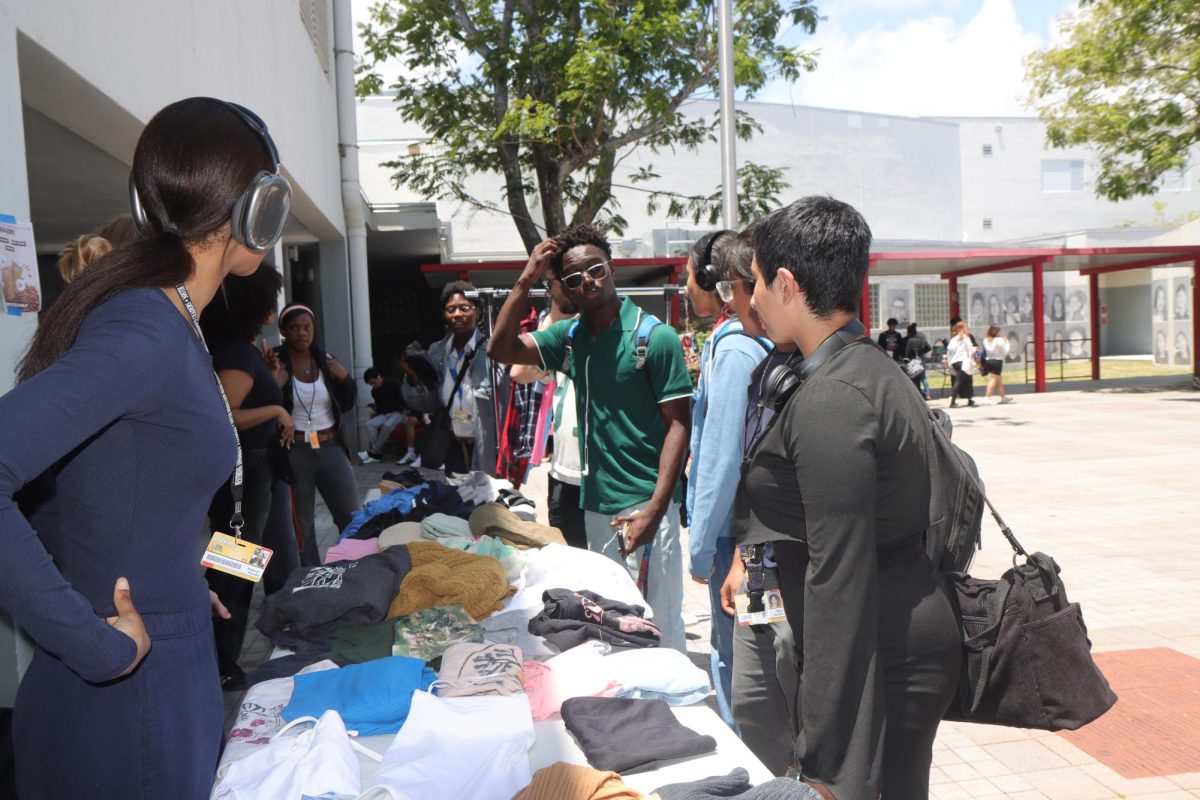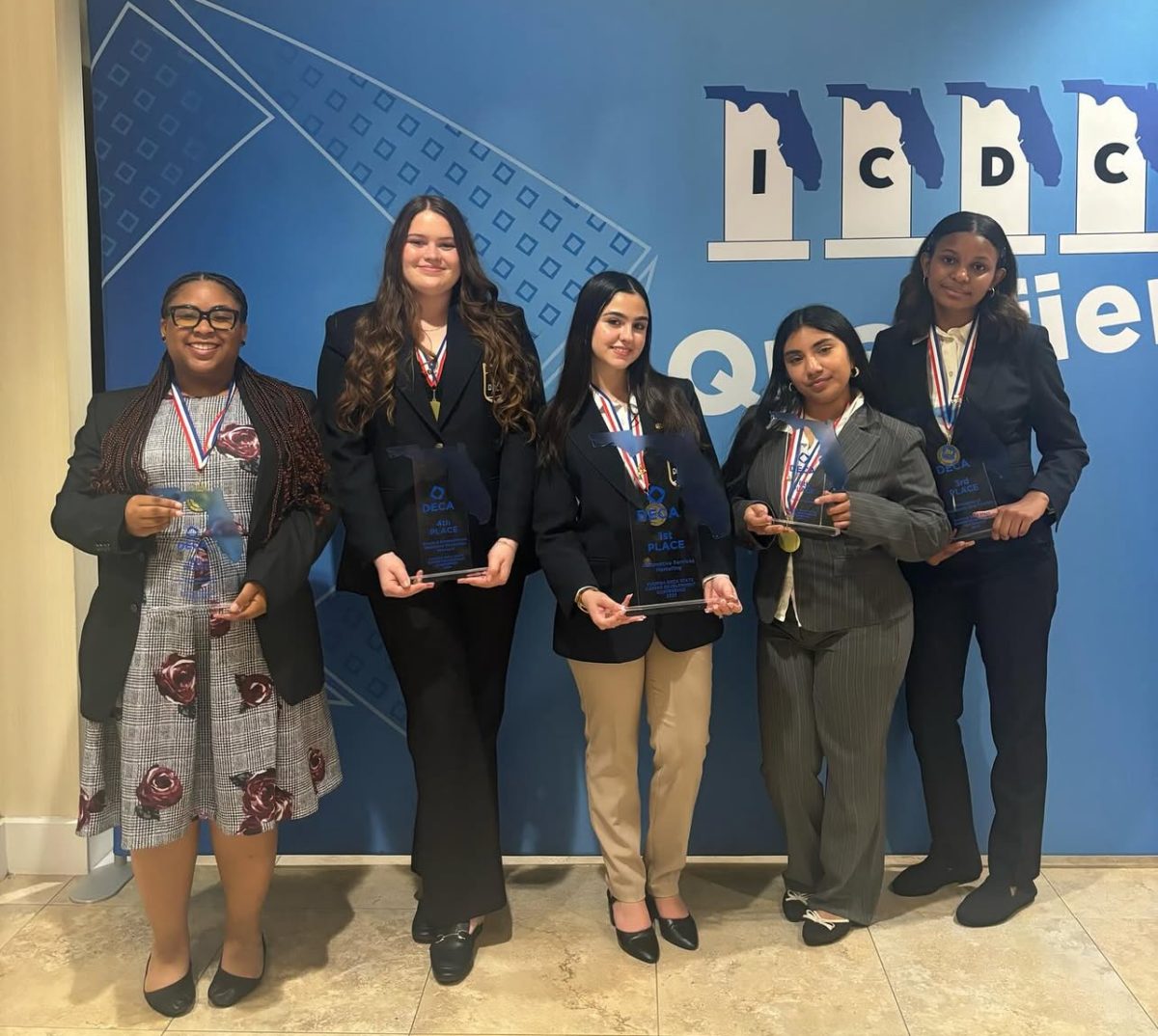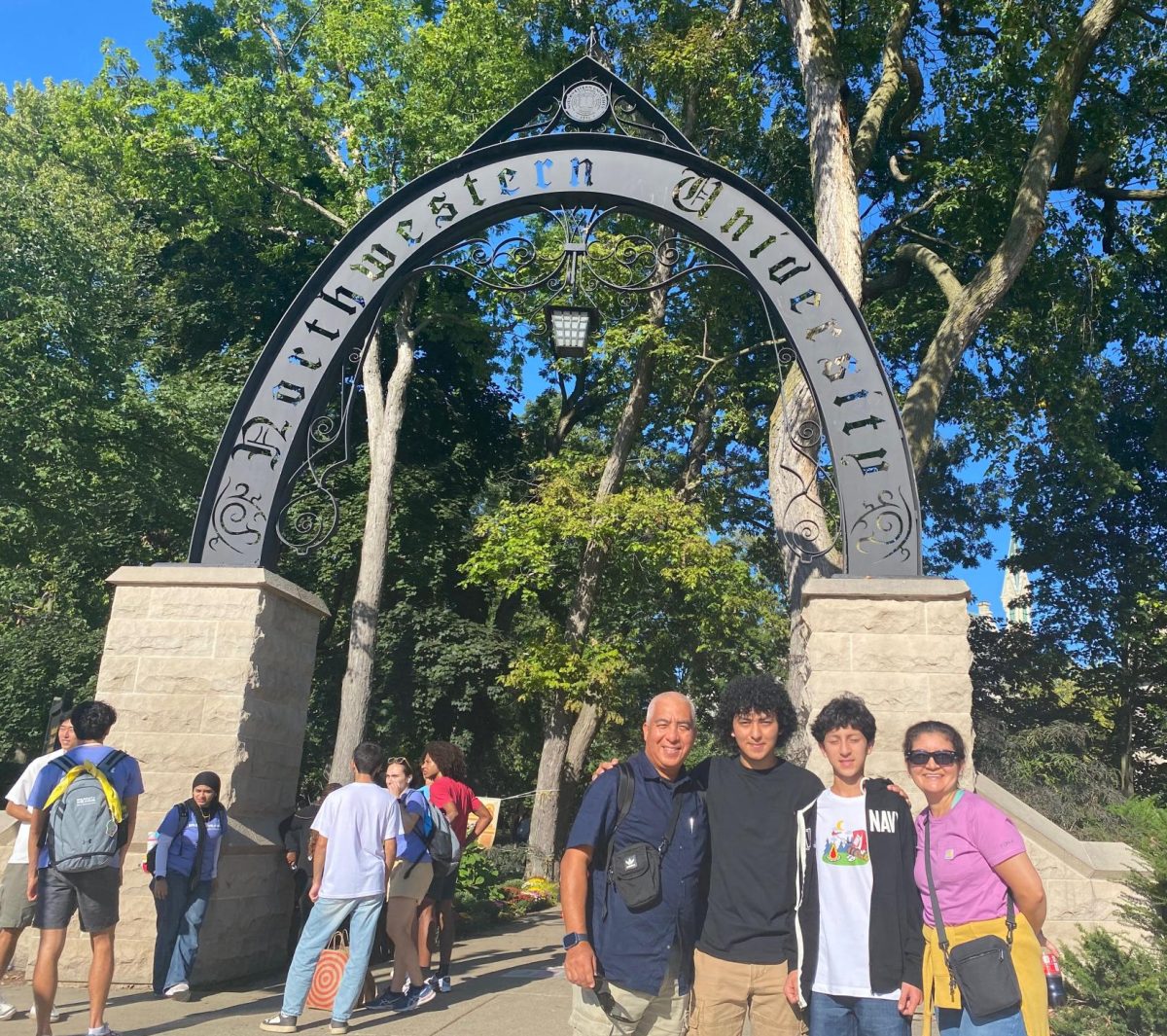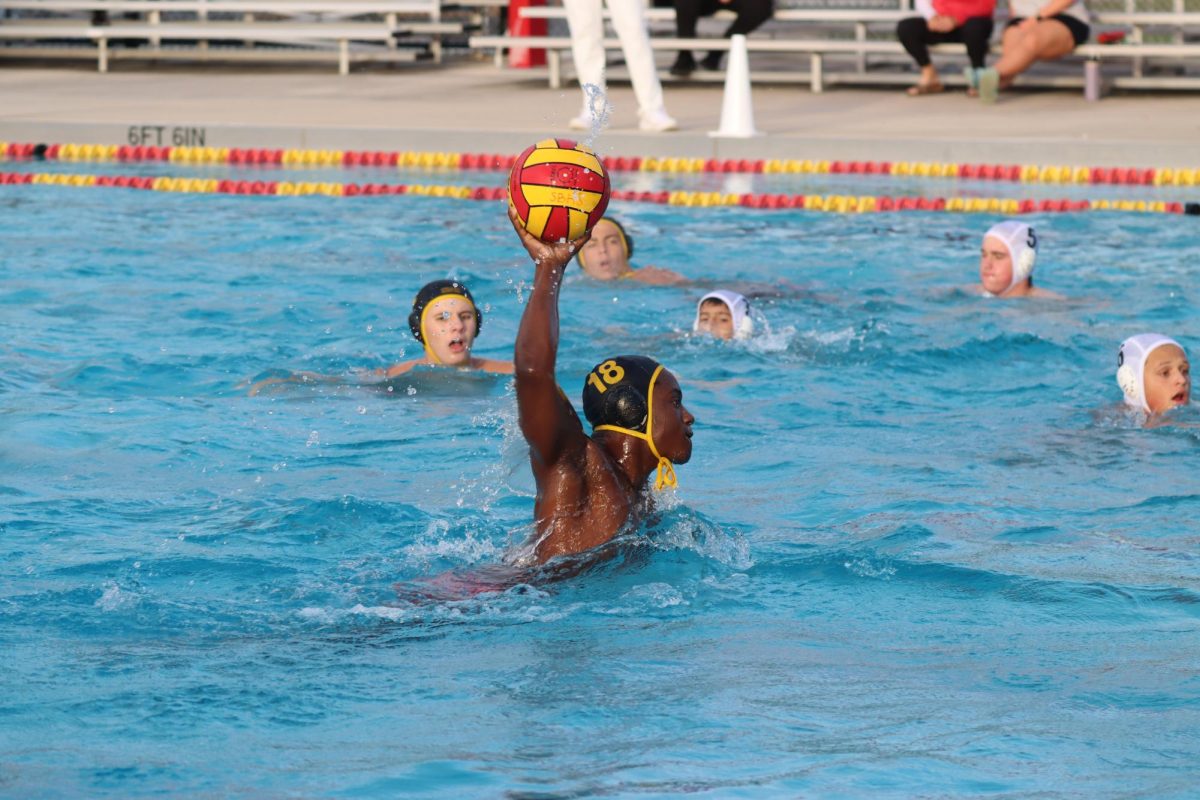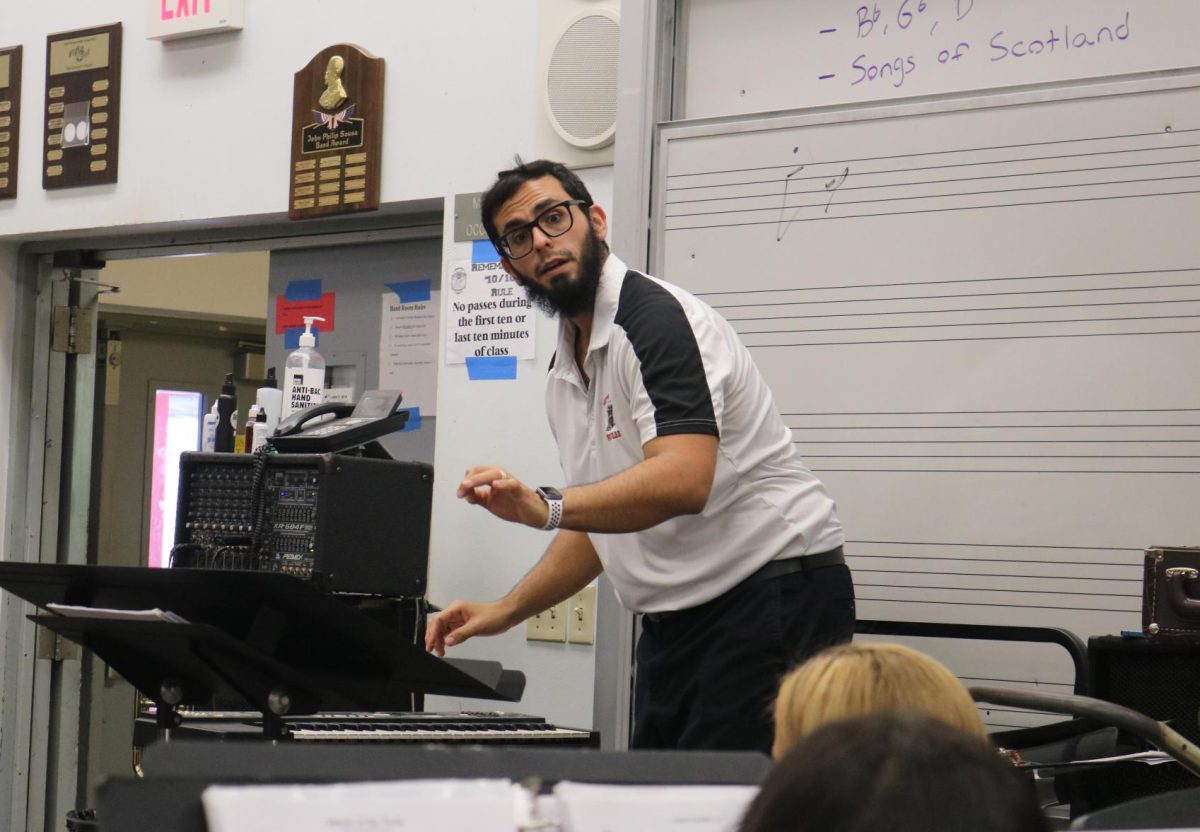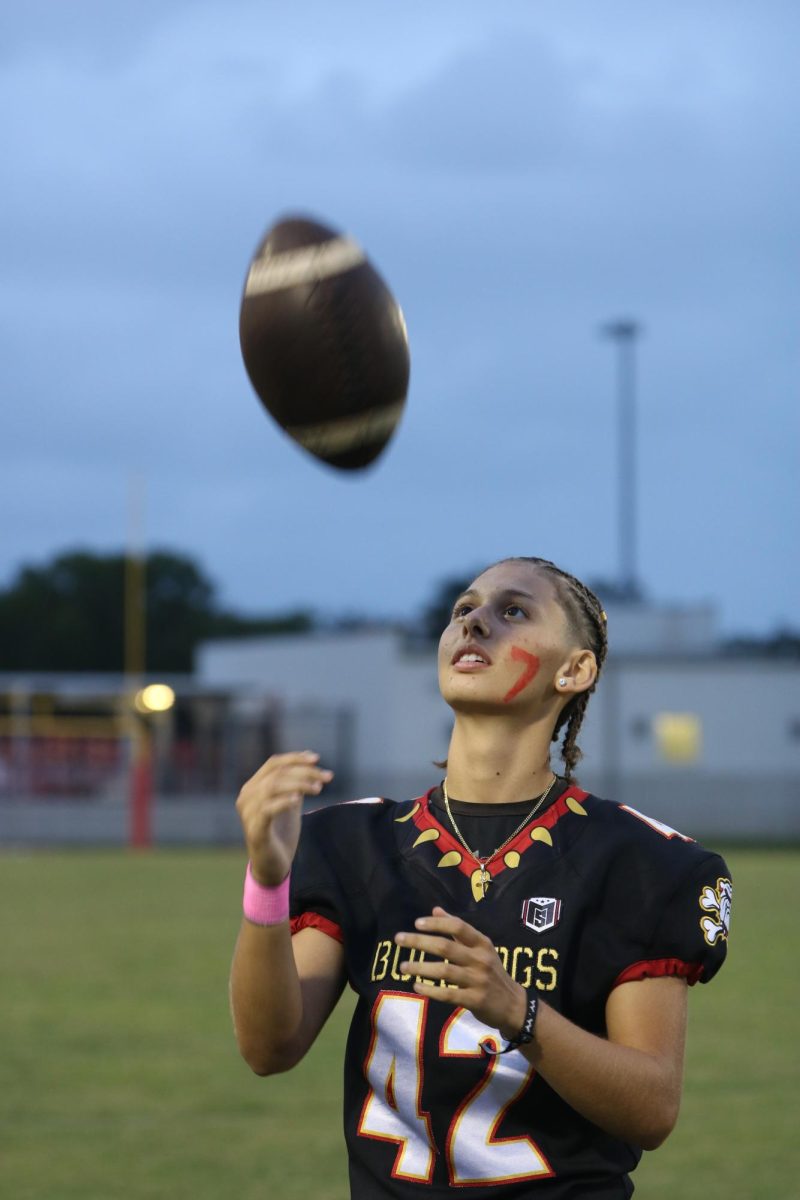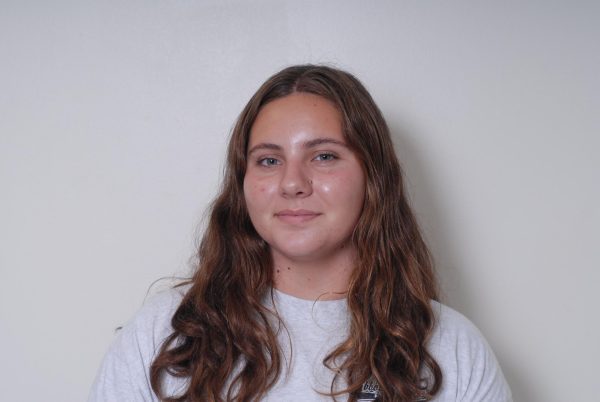Sophomore Eric Porter came home after finishing his first week of school, not with piles of homework, but with something else. A whopping 20 forms that his parents had to fill out to ensure that the content he will learn throughout the year is “appropriate.”
“I came home and my dad thought I was joking,” said the sophomore. “When he went through them and realized I wasn’t, he was pretty frustrated with the state of the Florida school system.”
In recent years, the Florida legislature has enacted a multitude of education bills, such as the nicknamed “Don’t Say Gay” bill, relating to the curriculum content schools are allowed to teach. Topics that are now off limits include “discussion about sexual orientation and gender identity” and “instruction… that compels such individuals to believe concepts constitutes discrimination based on race,” according to Florida’s HB 1557. This use of broad language leaves many teachers confused about what they can and cannot teach, and fearful of being reprimanded if they make a wrong move.
Ismael Sierra, an African-American History teacher at South Broward High School, can relate to the struggle of altering his curriculum to align with new state laws.
“As an educator, I really have to walk on eggshells and be extremely cautious as to what I say, what I teach, and what I show in class,” said Sierra. “ So, it has put me in a very hindering situation.”
In early August, the Florida Department of Education informed students that AP Psychology will be effectively banned in the state due to its inclusion of topics relating to sexual orientation and gender identity. School districts can still teach the course as long as the content aligns with Florida state law.
“I am angered that I can’t learn what has been taught for years just because it doesn’t align with some politician’s agenda,” said Porter.
In South Broward High School, there may be other options for students seeking college credit. AICE Sociology is offered, which provides a similar curriculum to AP Psychology, however, they are different in some aspects.
Another college-level course, AP African American Studies, is also banned in the state of Florida because it violates state laws. AP classes in particular are of extreme importance to students because they provide college credit in high school, which can save families money on their children’s higher education.
“Not telling the true history can be problematic,” said Sierra. “They [students] won’t know the truth.”



